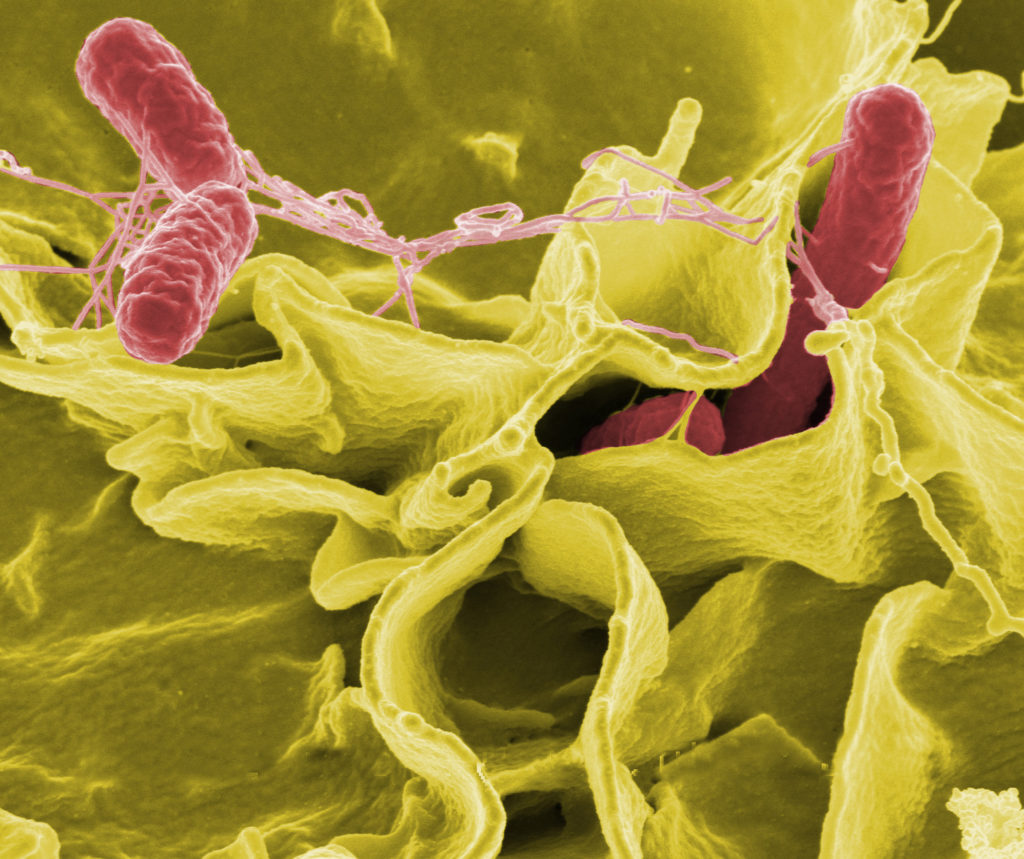Microbial contamination is the introduction of microorganisms into an environment where they are not wanted. Microorganisms are everywhere and can be introduced into any environment, usually through human activity. Once introduced, they may multiply and cause problems. Contamination can occur anywhere, but is most likely to happen in places where food is prepared or stored, such as kitchens and restaurants. It can also occur in hospitals, since patients are often immunocompromised and more susceptible to infection.
There are many ways to prevent microbial contamination. Good hygiene practices, such as washing hands and surfaces often, using disinfectants, and avoiding cross-contamination by keeping raw foods separate from cooked foods, are essential. In food preparation areas, it is also important to use clean utensils and cook food properly. In healthcare settings, strict adherence to handwashing protocols and the use of personal protective equipment (PPE) can help prevent the spread of microorganisms.
Microbial contamination can have serious consequences. It can lead to foodborne illness, which can cause vomiting, diarrhea, and even death. In healthcare settings, it can cause hospital-acquired infections (HAIs), which are a major problem worldwide. HAIs are responsible for significant morbidity and mortality; in the United States alone, it is estimated that they cause 100 000 deaths each year. Therefore, preventing microbial contamination is crucial to protecting public health.


